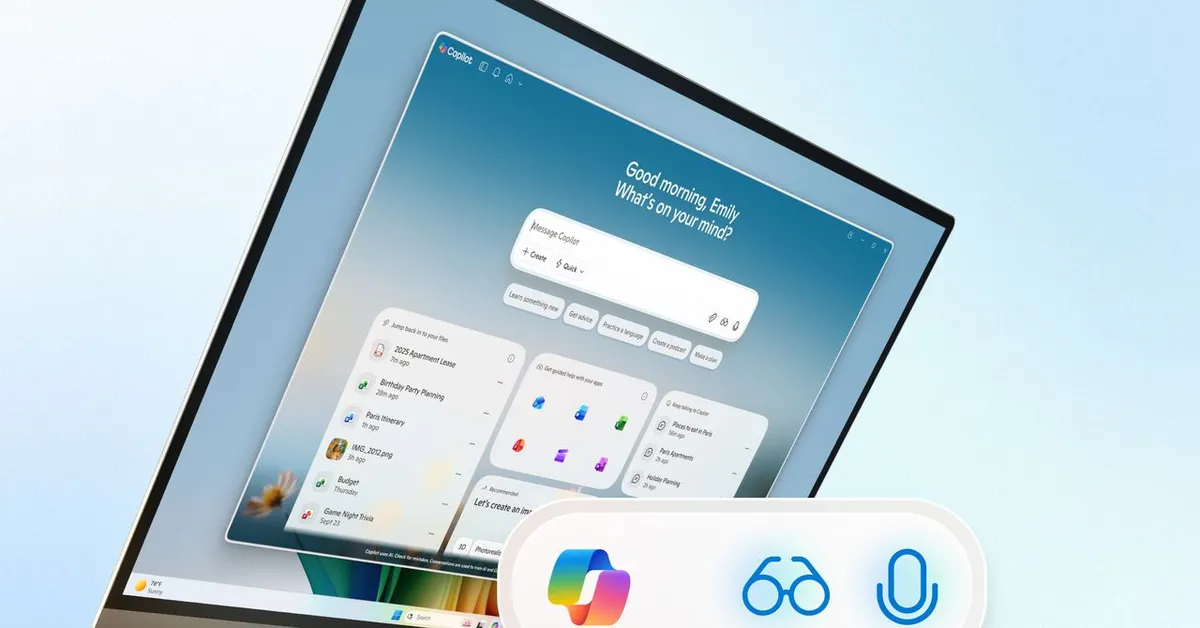
As of today, Microsoft has officially ended support for Windows 10, leaving millions of users to ponder their next steps. If you're still operating on this outdated system, it’s crucial to understand your options moving forward. Continuing to use Windows 10 may expose you to security vulnerabilities and lack of new features. Therefore, consider upgrading to a newer operating system to ensure your device remains secure and functional.
At the recent Developer Day event, OpenAI CEO Sam Altman unveiled an exciting vision for the future of computing. The company is working on applications that operate entirely within the ChatGPT interface, aiming to transform it into a comprehensive platform for productivity. This shift could redefine how users interact with software, blending conversational AI with traditional computing tasks.
Qualcomm has made headlines again with the announcement of the Snapdragon X2 Elite and X2 Elite Extreme processors. These chips are anticipated to be powerful successors to their groundbreaking predecessors, further revolutionizing Windows laptops. These advancements promise to enhance performance and battery life, making them ideal for both casual users and professionals alike.
In a significant move for the tech industry, Chris Lattner, a former Apple luminary, has launched a startup named Modular. This venture has successfully raised $250 million to develop cutting-edge software tools designed specifically for AI hardware. As the demand for AI chips surges, the need for robust software to optimize their performance is becoming increasingly critical.
Google has introduced a conversational photo editor that simplifies the editing process significantly. Users can now verbally instruct their devices on desired changes, and the AI will execute them seamlessly. This feature not only enhances user experience but also indicates a major shift in how we interact with technology, paving the way for more intuitive applications.
In response to growing cybersecurity concerns, Google has launched an AI-based ransomware protection tool for Drive on desktop. This innovative feature can detect and neutralize threats before they escalate. However, users should be aware that this protection has its limits and is not a foolproof solution against all forms of cyberattacks.
With the integration of Gemini into the Chrome browser, Google is marking a significant milestone in the evolution of AI technology in software applications. While this development enhances the browsing experience, some users may still be searching for ways to disable these AI features, highlighting the ongoing dialogue about user control in the age of artificial intelligence.
Anthropic is set to utilize new chats from the Claude platform for training its models. If you're concerned about your privacy and wish to opt out of having your chats used as training data, here’s how to do it. This move emphasizes the importance of user consent and transparency in AI development.
OpenAI is preparing to launch a new social application focused on AI-generated videos, resembling the popular platform TikTok. Powered by Sora 2, OpenAI's latest video generation model, this app promises to offer users a unique way to engage with AI technology and express their creativity through digital content.
With the launch of the Sora app, OpenAI invites users to create personal digital avatars and scroll through AI-generated videos featuring themselves and their friends. This innovative app encourages creativity and exploration of AI tools for entertainment, although it also raises ethical questions about digital identity and representation.
At OpenAI’s developer conference, renowned designer Jony Ive expressed his desire for technology to foster happiness. He remarked, “I don’t think we have an easy relationship with our technology at the moment,” highlighting a crucial conversation about the impact of tech on our daily lives and mental well-being. As innovations continue to emerge, the focus on user experience and emotional connection remains paramount.